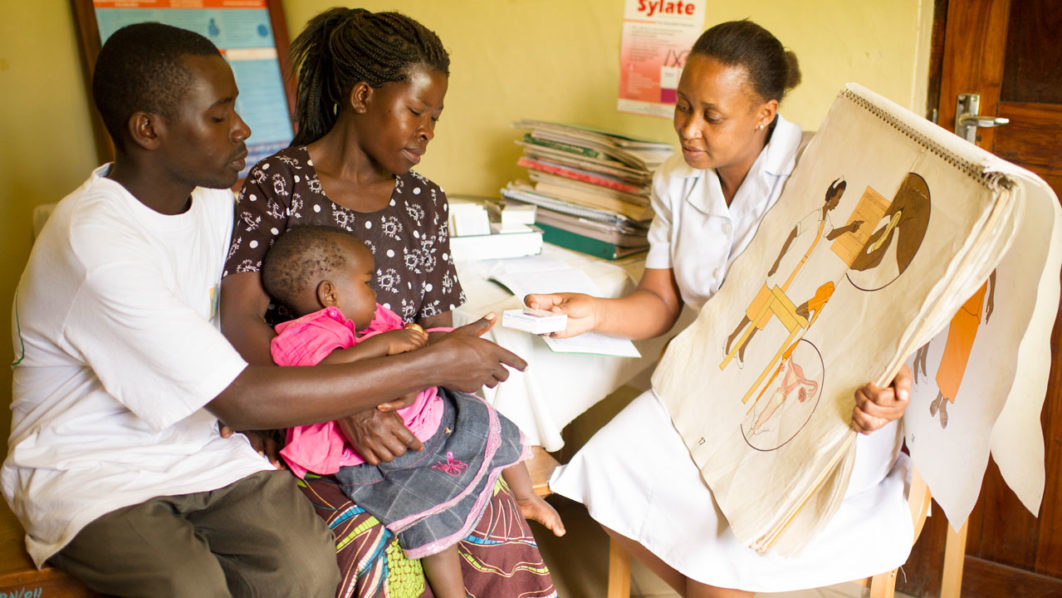
Stakeholders and health experts have called the attention of government at all levels to the critical role of contraception in empowering individuals to take control of their reproductive health.
The experts, who gave the charge, yesterday, in Lagos, during a webinar to commemorate this year’s World Contraception Day (WCD), hosted by Development Communications Network (DevComs), with support from The Challenge Initiative (TCI) Nigeria, titled “Breaking Barriers: Advancing Access to Family Planning in Resource-Limited Settings,” stressed the need for Nigeria to address unbridled procreation that has led the country and its citizens to varied hardships over the years.
Prof. Josiah Mutihir of Jos University Teaching Hospital (JUTH), alongside other health professionals, said that expanding access to contraception is the key to improving health outcomes, reducing maternal mortality and ensuring young Nigerians make informed decisions about their reproductive futures.
“This year’s WCD theme, ‘The Power of Options: Empowering Choice, Enhancing Health,’ highlights the importance of diverse contraceptive choices, especially in resource-limited settings like Nigeria, where cultural, economic, and logistical challenges continue to hinder access to essential reproductive health services,” he said.
Mutihir stated that options create choices, which is key to empowering individuals to plan their families and futures.
He aadded: “From natural family planning methods to hormonal contraceptives, intrauterine devices, and permanent solutions, various contraceptive options exist, but access remains a pressing issue, particularly in underserved areas of Nigeria.”
He, therefore, called for a collective effort to break the barriers to contraceptive access in Nigeria and urged the government at all levels to ensure adequate funding, distribution of commodities and training of healthcare providers.
Meanwhile, a participant from Akwa Ibom State during the discussion, Lovina Emole, emphasised the significant challenge posed by limited government funding for reproductive health programmes.
Also, Akwa Ibom Health Promotion Officer, Lovina Victor Ibiok, advocated educating religious leaders on family planning to dispel misconceptions, saying: “Many believers view contraceptives as immoral. So, by empowering leaders as influencers, they can promote informed decision-making and encourage followers to adopt family planning methods, improving overall health and well-being.”
Edo State Director of Nursing Services, Patricia Osazuwa, said that comprehensive education on reproductive health and informed decision-making are essential for empowering young people.






